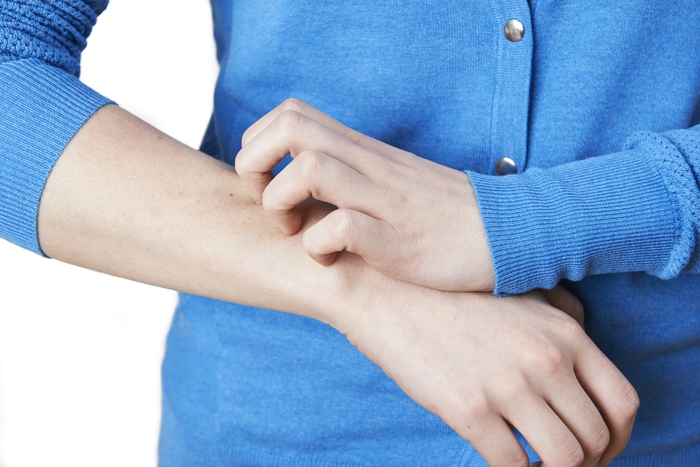Ansa
A particular focus dedicated to the diseases of Covid connected to the skin. And specific sessions on psoriasis, one of the systemic diseases – which affects 2-3% of the population – which has recorded the greatest developments in terms of treatment and management and care models. There will be two of the highlights of the 59th ADOI National Congress on the topic “Dermatology beyond the skin, an integrated clinical approach”, which will take place from 26 to 29 October at the Palazzo dei Congressi in Riccione.
This is the most important national appointment dedicated to hospital dermatology. A 4-day program full of meetings, symposia, interactive discussions, theoretical and practical courses, held in the presence of 300 experts from all over Italy. Organizing the congress, which will be attended by more than 500 guests, is the Association of Dermatologists – Italian Hospital and Public Health Venusologists, chaired by Francesco Cusano, director of Dermatology at the “San Pio – Gaetano Rummo” hospital in Benevento. The president of this edition is Davide Melandri, director of the Center for burns in Cesena and Forlì.
The topics covered are many and relevant, starting with psoriasis. The itching and discomfort associated with the clinical picture can become so important and disabling as to determine a reduction in working capacity and quality of life; moreover, depressive states may follow or be associated with them. The most recent knowledge on the subject has highlighted the importance of immune alterations in the development of the disease and the relevant etiological role of some pro-inflammatory cytokines. Some of these are also involved in the inflammatory process of the central nervous system underlying the onset of depression and other mood disorders. To establish the correct therapy in the patient suffering from psoriasis, the diagnostic-phenotypic framework and the assessment of comorbidities are therefore fundamental for a global, integrated and targeted approach that can only take place in the hospital setting through an integrated therapeutic approach, which involves not only the dermatologist, but also the psychologist, the psychiatrist, the rheumatologist, the general practitioner. Similar considerations can also be made for other inflammatory systemic diseases such as atopic dermatitis and urticaria in which we cannot ignore an in-depth update on new systemic drugs that in recent years are changing the course of the disease and therefore also the quality of life for those who suffer from it.
Other issues will also be addressed which, due to their frequency and management difficulties, require a fine-tuning of the diagnostic and therapeutic aspects: vulnology with the wide sector of new medications, bullous and sexually transmitted diseases, allergies , skin infections, traumatic and non-traumatic skin wounds, burns, skin appendages, dermatological problems related to new migratory phenomena. The impact they have on dermatology, regenerative medicine and tissue bioengineering will be addressed. There will also be a nursing session and an interactive theoretical – practical session on the main dermatological pathologies dedicated to the general practitioner in training.
As for the diseases related to Covid, the GBD (Global Burden of disease) project will be presented, an epidemiological survey that evaluates the impact in terms of mortality and disability. This is the largest survey ever undertaken to describe the distribution and causes of diseases and their risk factors on a worldwide scale. The project took 5 years of work and involved 486 researchers belonging to 303 organizations in 50 countries. As part of this worldwide project, prof. Luigi Naldi, director of the Dermatology department of the San Bortolo Hospital in Vicenza, will present the clinical epidemiological data relating to dermatological diseases and, therefore, the steps forward made.
